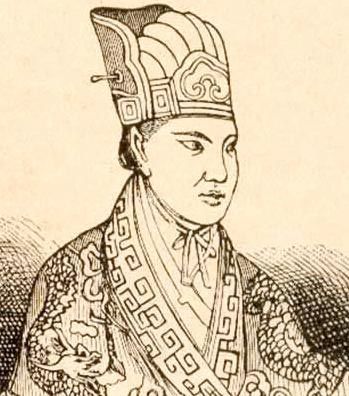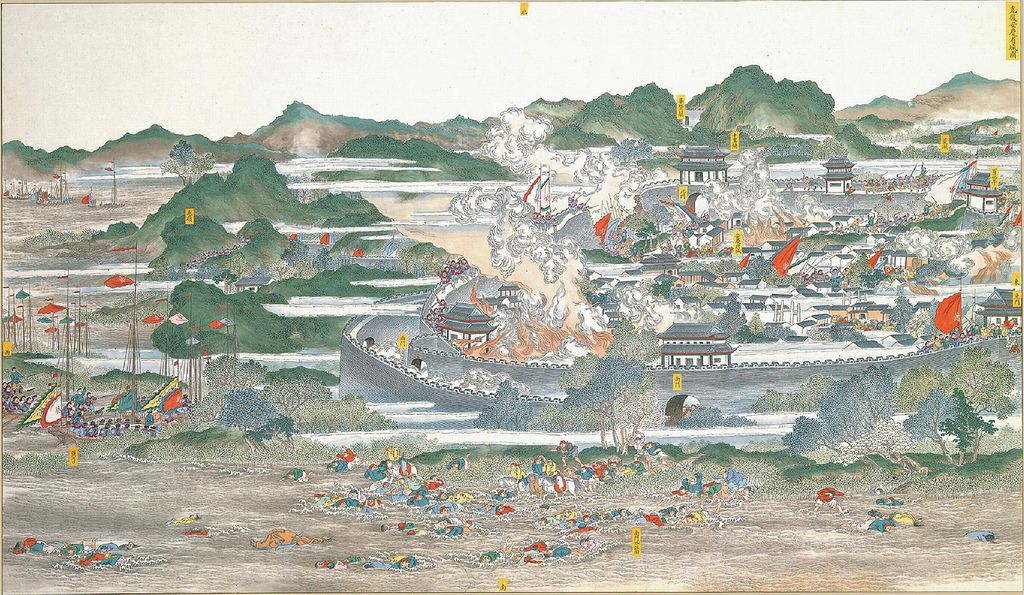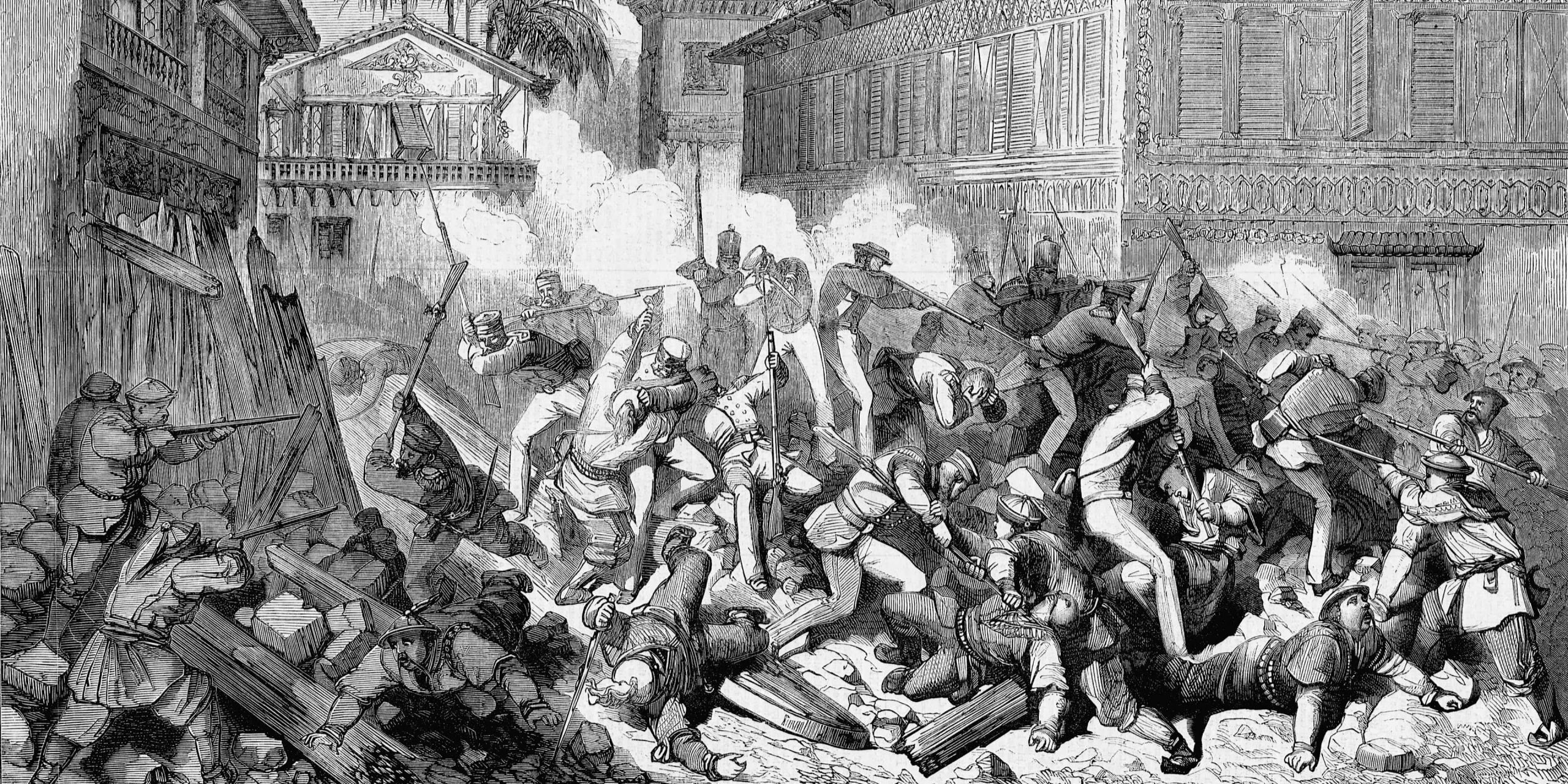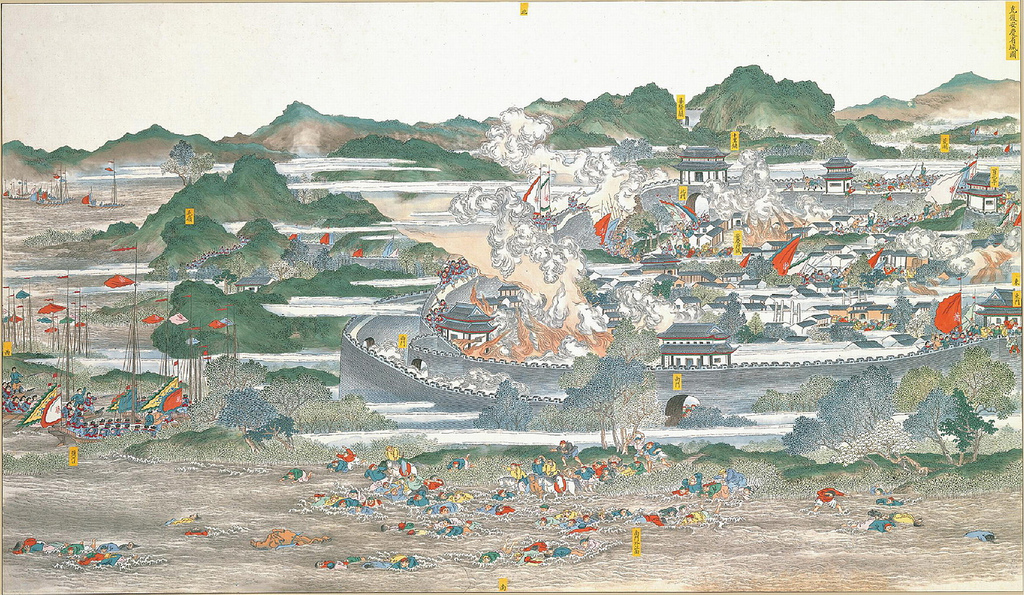Imagine a conflict so massive it dwarfed the casualties of World War I – yet remains largely unknown to the world. The Taiping Rebellion stands as one of the most devastating and extraordinary chapters in 19th-century Chinese history, a perfect storm of religious fervor, social upheaval, and unprecedented human suffering.

Hong Xiuquan, the self-proclaimed younger brother of Jesus Christ who led the Taiping Rebellion. Credit: Britannica
At the heart of this epic saga was Hong Xiuquan, a charismatic and enigmatic leader who would reshape the landscape of imperial China. Driven by a profound religious revelation, Hong believed himself to be the younger brother of Jesus Christ – a claim that would spark a rebellion that would forever alter the course of Chinese history. His unique blend of Christian teachings and traditional Chinese social discontent created a powerful movement that attracted millions of marginalized followers.

The Battle of Anqing during the Taiping Rebellion. Credit: Wikimedia Commons
The Taiping movement was more than just a military campaign; it was a radical social revolution. Hong promised sweeping reforms that challenged the existing social order, offering land redistribution and a new vision of equality. The rebels established the Taiping Heavenly Kingdom in Nanjing, creating an alternative government that threatened the very foundations of the Qing dynasty.

The Attack on Canton during the Taiping Rebellion. Credit: History.com
Military tactics set the Taiping Rebellion apart from conventional conflicts of its time. Driven by spiritual fervor and a sense of divine mission, Taiping soldiers fought with an intensity that shocked their opponents. Their unconventional warfare and deep ideological commitment allowed them to capture vast territories and challenge the imperial government’s authority.
The human cost was staggering. Historians estimate that the rebellion claimed nearly 20 million lives – a number that defies comprehension. Entire regions were decimated, infrastructure destroyed, and social structures completely upended. The conflict wasn’t just a war; it was an apocalyptic transformation that reshaped the very fabric of Chinese society.
Beyond its immediate impact, the Taiping Rebellion offers profound insights into the complex dynamics of religious movements and social change. It demonstrated how deeply held beliefs could mobilize entire populations and challenge established power structures. The rebellion exposed the vulnerabilities of the Qing dynasty and set the stage for future social and political transformations in China.
Ultimately, the Taiping Rebellion represents a critical moment in world history – a testament to the power of human conviction and the devastating potential of ideological conflict. It reminds us that the most significant historical events are often those that challenge our understanding of social and religious boundaries.
References:
Taiping Rebellion – Encyclopedia Britannica – link
History.com – Taiping Rebellion – link
Categories: Asian History, Historical Events, Military History, Religious History, War History, World History
Tags: 19th Century, Chinese history, Civil War, Hong Xiuquan, Qing Dynasty, Religious Movement, Taiping Rebellion
Religion: Syncretistic Christianity
Country of Origin: China
Topic: Historical Warfare
Ethnicity: Chinese


